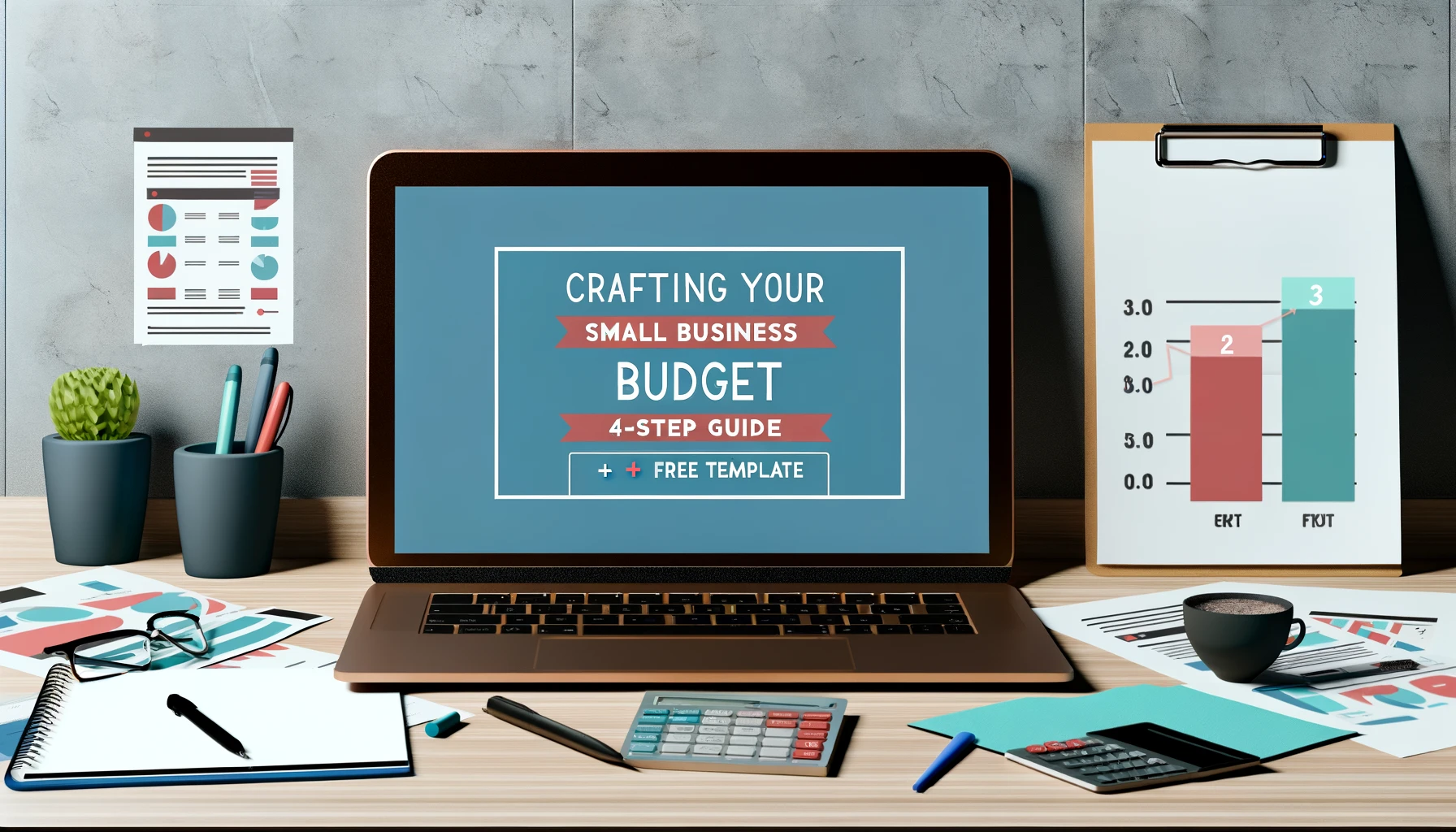Starting a small business is an adventure filled with excitement and challenges. Among these challenges, managing finances effectively stands out as a crucial task for sustainability and growth. A well-planned budget is not just a financial document; it’s a roadmap to business success. In this guide, we’ll walk you through creating a small business budget in four straightforward steps, complemented by a free template to get you started.
Understanding the Importance of a Small Business Budget
The Role of Budgeting in Financial Health
Budgeting plays a pivotal role in maintaining and enhancing your small business’s financial health. It helps you forecast revenue, control spending, and allocate resources efficiently, ensuring that every dollar contributes to your business goals.
Benefits of Having a Structured Budget
A structured budget empowers small business owners to:
- Keep a tight rein on expenses, reducing unnecessary spending.
- Set clear financial targets, aligning them with business objectives.
- Enhance decision-making with a clear view of financial standings.
Step-by-Step Guide to Creating Your Small Business Budget
Step 1: Review Your Revenue Sources
Identify all your revenue sources, including sales, services, and other income streams. Understanding your total income is crucial for setting realistic budgeting goals.
Step 2: List and Categorize Expenses
Break down your expenses into fixed (rent, salaries) and variable (supplies, marketing) categories. This clarity helps in identifying areas for cost reduction and more efficient fund allocation.
Step 3: Determine Your Profit Margins
Calculate your profit margins to set benchmarks for growth. Knowing your margins helps in making informed decisions about pricing, costs, and investment in growth opportunities.
Step 4: Adjust and Finalize Your Budget
Review your budget draft and adjust based on your business priorities and goals. Remember, a budget is a living document that should evolve with your business.
Utilizing the Small Business Budget Template
How to Use the Template Effectively
Our free template is designed to simplify the budgeting process. Start by inputting your revenue and expenses to automatically calculate your net income.
Customizing the Template for Your Business Needs
The template is fully customizable. Adjust categories and fields to match your specific business model and financial structure for a personalized budgeting tool.
FAQs About Small Business Budget
How often should I review my small business budget?
- Regularly, at least quarterly, to adjust for changes in your business landscape.
What’s the best way to reduce small business expenses?
- Focus on variable costs and seek discounts or alternative suppliers to lower expenses.
How can I increase my small business revenue?
- Explore new markets, refine your pricing strategy, and enhance customer experiences to boost sales.
Conclusion
Creating a budget is a fundamental step toward financial discipline and business success. By following these four steps and leveraging our free budget template, you’re well on your way to gaining a comprehensive understanding of your business finances. Embrace the process, and watch your small business thrive.
